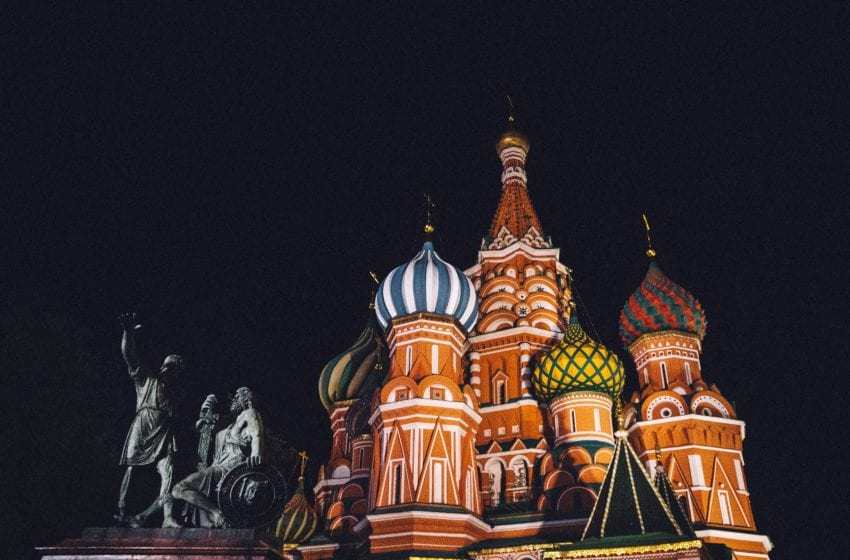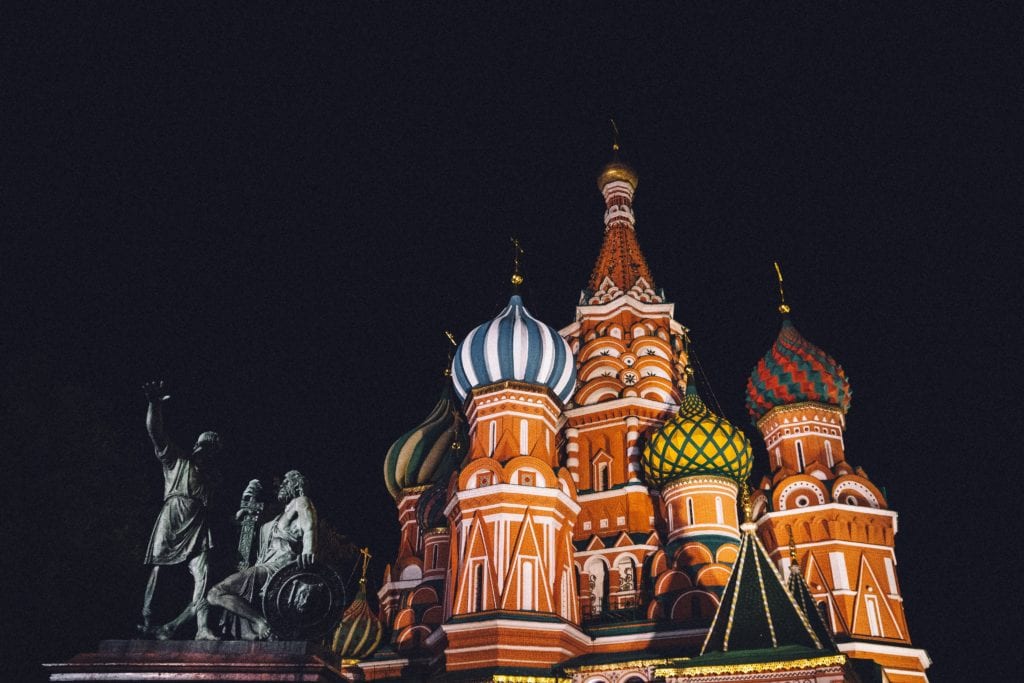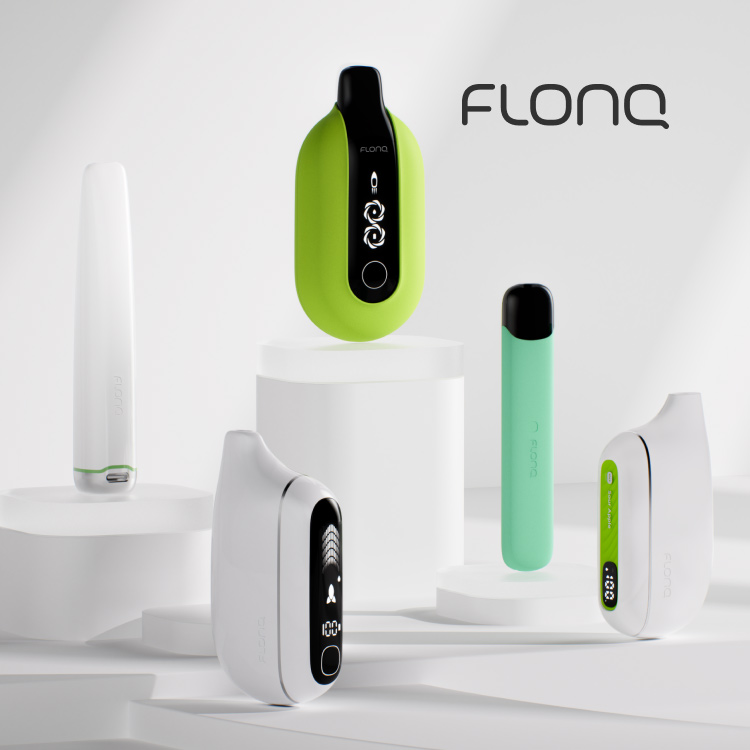New Regulations are Restricting the Russian Vapor Market
- News This Week Regulation
- September 8, 2020
- 5 minutes read

Credit: Jaunt and Joy

Since Russia’s anti-smoking legislative campaign began in 2013 by restricting smoking in public places and banning tobacco advertising, promotions, and sponsorships, the Russian government has been tightening its grip on tobacco manufacturing, sales, and permitted consumption. Vapor products are the latest next-generation tobacco product to catch the ire of regulators.
On July 31, 2020, Russian Federation President, Vladimir Putin, approved new amendments to the country’s Tobacco Control Law that was initiated by Russia’s Parliament. The main thrust of the new amendments is to unify the regulation of tobacco and other nicotine products, especially e-cigarettes.
The amendments introduce a new category of “nicotine-containing products” (NCPs) which includes heated tobacco products, solutions, liquids and gels containing nicotine, according to an article on mondaq.com, an information platform. NCPs, like vapor products, are now subject to the same restrictions and prohibitions imposed upon traditional cigarettes.
The new law also introduces a definition of “devices for consumption of nicotine-containing products” which includes electronic nicotine delivery systems (ENDS) and heated tobacco devices (heat-not-burn) except for those registered as medical devices and medicines.
The new law prohibits:
- The sale of NCPs, hookahs and devices for NCPs consumption to persons under the age of 18.
- The sale of NCPs via vending machines and the Internet, as well as open displays in stores.
- The sale of a new NCP in the absence of specific regulations and requirements.
- The consumption of NCPs in restaurants and commercial facilities.
- The advertising, promotion, sponsorship by and demonstration of NCPs, hookahs and devices for NCPs consumption and their trademarks, including the use of such trademarks for other goods.
Adults are allowed to purchase and use NCPs only in locations where the sale and smoking of cigarettes is already permitted, according to the story
The sale of chewing, sucking and snuffing NCPs is now prohibited. The law also forbids any food products containing nicotine except for food products containing nicotine in natural form. The law establishes the maximum nicotine content at 20mg per 1 ml in liquids used in ENDS products. However, if such e-liquid contains zero nicotine, it will still be classified as a nicotine containing product.
The government is planning to amend the existing technical regulations on tobacco products to address the sale and use of NCPs.
The new law came into effect on July 31, 2020, save for certain rules that provide for a transition period. The prohibition against use of NCPs in restaurants and cafes enters into effect on October 30, 2020, while the restrictions on retail sales and the prohibitions regarding advertising, promotion and sponsorship of NCPs, hookahs and devices for NCPs consumption become effective on January 28, 2021.
